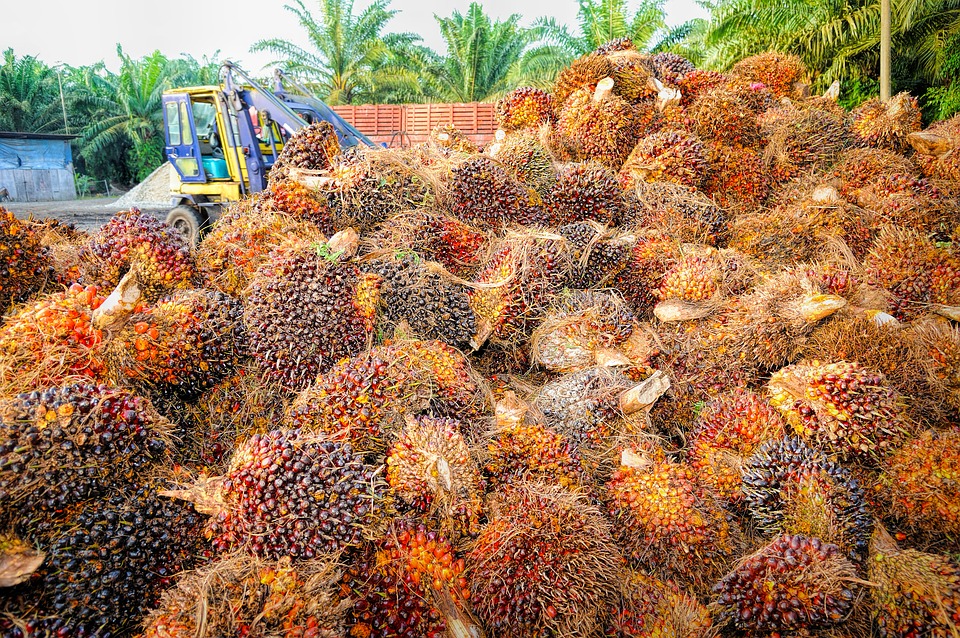Malaysian palm giant bars suppliers amid deforestation worries

- Country:
- Malaysia
Sime Darby Plantation, the world's largest palm oil planter, has suspended two Malaysian suppliers for failing to meet its environmental standards and identified 55 others as "high-risk" in recent months as it fights against deforestation.
Sime Darby is potentially one of the biggest losers from a European backlash against an industry accused of clearing vast areas of tropical rainforest to make way for plantations. Company officials said this was the first such action taken since the launch of an online tool last May which allows anyone to trace the sources of its palm oil and raise complaints if necessary.
The company, which counts Nestle, McDonald's, Unilever and Ferrero as customers, refines 4 million tonnes of palm oil a year in Malaysia, 1 million tonnes of which is sourced from third parties. The palm industry "still has issues around deforestation, we don't deny that, but somehow the attention is always on us," Rashid Redza, principal sustainability officer at Sime Darby, told Reuters.
"We have not been proactive enough in the past to counter the allegations, and we have not been organized as an industry in the past." He did not name the suspended suppliers, who would need to ensure their plantations did not cause deforestation and that their workers are not exploited before being considered for re-inclusion in its supply chain.
The high-risk suppliers have been identified based on their location near protected forest areas or orangutan ranges, he said on Jan. 31 at the company's plantation in Carey Island, an hour's drive southwest of the Malaysian capital Kuala Lumpur. Sime Darby, which has 590,000 hectares of the planted area across Malaysia, Indonesia, Solomon Island, and Papua New Guinea, was one of four Malaysian palm giants that Indonesia accused of carrying out slash-and-burn land clearing practices that led to a cross-border haze crisis in the region in September.
It has denied the accusation, saying that most fires were started by local communities living within its concession. In 2018, WWF-Indonesia https://www.reuters.com/article/us-palmoil-indonesia-deforestation/palm-oil-from-indonesias-shrinking-forests-taints-global-brands-report-idUSKBN1K827N named Sime Darby among several companies that bought "tainted" palm oil mills - those that source palm oil from plantations that illegally encroached protected forest areas on Sumatra island. At that time, Sime Darby said it was working with NGOs to eradicate deforestation.
Indonesia and Malaysia account for about 85% of palm oil production and are set to lose the most from EU regulation to phase it out from renewable fuel by 2030.
(This story has not been edited by Devdiscourse staff and is auto-generated from a syndicated feed.)
- READ MORE ON:
- European
- Malaysian
- Kuala Lumpur
- Indonesia
- Unilever
- Nestle
- McDonald's
- WWF
- Sumatra
- Papua New Guinea
ALSO READ
CCPA calls for FSSAI investigation into allegations of Nestle putting sugar in baby products
Reduced added sugar by 30 pc in baby food products in last 5 yrs: Nestle India
Nestle India's market cap drops by Rs 8,137.49 cr as shares fall more than 3%
Nestle India Successfully Cuts Added Sugar in Baby Food Products by 30% in Past 5 Years
Ministry of Consumer Affairs Asks FSSAI to Investigate Composition of Nestle's Cerelac Baby Cereals in India










